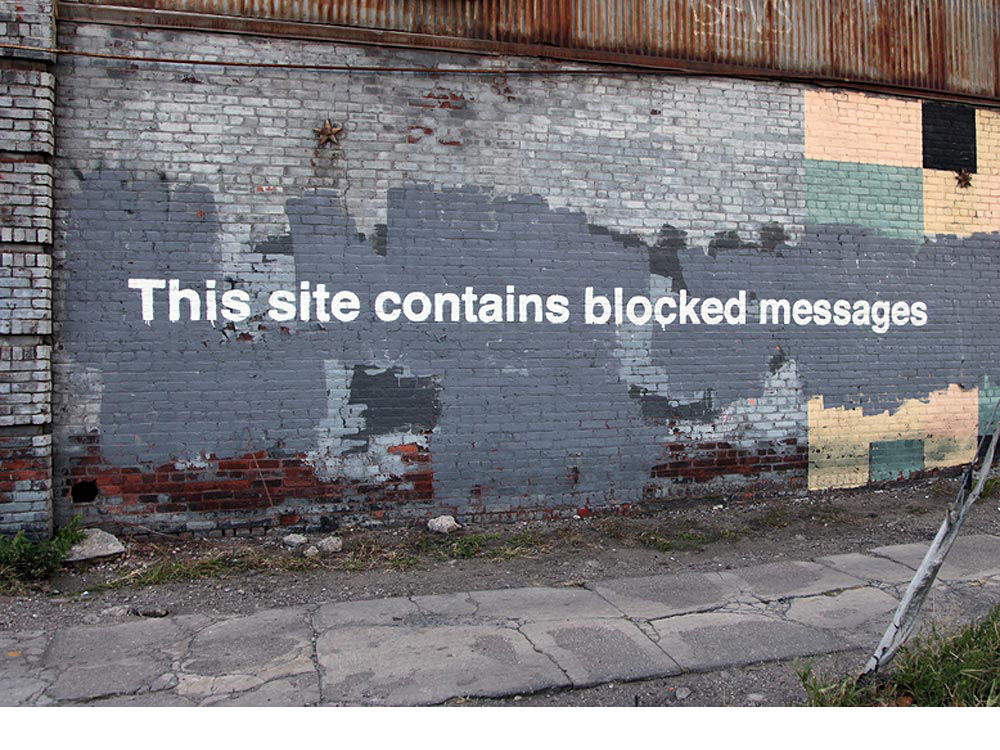The implications of the legislative disaster that is Bill C-18 continues to unfold as Canadian Heritage Minister Pablo Rodriguez is now essentially doing exactly what he said he would not do, namely negotiating with the big tech platforms over government mandated payments for news links. Rodriguez had long claimed that the bill was designed to keep the government out of the issue and to leave it to the platforms and media companies to craft agreements. Yet with the departmental update this week, it is clear that the government is now discussing a minimum spend for inclusion in the regulations, effectively putting itself at the very head of the negotiating table.
Given the enormous risks that the bill poses to Canadian media – at stake are links that often constitute the majority media site traffic, the cancellation of existing deals worth millions, and a bill that may not generate any new revenues – the government is looking for a way out of mess of its own making. The Australian example has been the government’s north star on this issue with a prominent role throughout the House and Senate hearings for Rod Sims, the architect of the Australian law. Sims has regularly published op-eds in Canada promoting his bill and offering advice. His latest piece demonstrates how poorly he understands the Canadian law and how the government has been badly advised on how to best proceed. Sims identifies the differences between the Canadian and Australian law, recommending that Canada move to mandate blocking of all news if Google and Meta stop Canadian news linking and sharing:
the Australian NMBC says that if Google and Meta decide not to show news on their platforms then they cannot show any news at all from anywhere. In this context, it would mean that if Google and Facebook removed the news it would not just be news focused on a Canadian audience but all news from anywhere in the world but targeted. That is, they cannot discriminate against Canadian-focused publishers. The Canadian government has the power to address this point through regulation, and I would encourage them to do so. The penalty of removing news would then be so much larger for the platforms.
It is hard to know where to start with this awful advice. There is the obvious Charter of Rights and Freedoms implications of the Canadian government ordering Internet companies to block news worldwide, the harm to the Canadian public in access to news in the zeal to create a perceived “penalty” for the platforms, and the deeply troubling prospects of the government determining what constitutes news around the world that should be blocked. But my biggest takeaway is how the advice fundamentally misunderstands how the Canadian law works. Indeed, there are no regulations that give the government the power to issue this kind of order.
To simplify the law, the obligations in Bill C-18 such as requirements to negotiate agreements with eligible news businesses or face the prospect of binding, final offer arbitration only applies to what are called “digital news intermediaries.” In order to be classified as a digital news intermediary, there are two primary requirements. First, a platform must be in a position of a “significant bargaining imbalance” between themselves and the news businesses. The bill at section 6 identifies several factors to consider whether such an imbalance exists, including the size of the platform, whether the market gives the platform a strategic advantage, and if the platform occupies a prominent market position. According to Rodriguez, only two platforms meet this standard: Google and Meta. This is why platforms such as Microsoft (with Bing and LinkedIn), Twitter, and Apple are not subject to the law even though they feature news links.
The second requirement is that the digital news intermediary must make news content available to persons in Canada. If the platform does not make news content available, it is not a digital news intermediary. The law also specifies what it means to make news content available, namely to reproduce it or facilitate access to it through activities such as indexing or ranking. Linking is the most obvious way of making news available, which is why Meta and Google have said they will stop linking to the news. In doing so, they would no longer make news content available under the law and would not be digital news intermediaries. In effect, the law would not apply to any platform since there would be no platform that met both statutory requirements.
This structure is why the claims that the platforms are refusing to abide by the law are false. If anything, the platforms are conforming to the law’s requirements in the same way any company can comply with a law by either falling within its scope or outside of it. Further, it also explains why Sims is simply wrong when he says the government can order the platforms to block all news. There is no such regulatory power in the law, but even if there was, it would only apply to digital news intermediaries. By not linking to Canadian news from eligible news businesses, Google and Meta will not be digital news intermediaries. If the government were to order them to block access to all news, it would take a new law granting the government the power to order any entity to block the content it sees fit. The Sims approach is incredibly dangerous and it highlights how the government’s reliance on the Australian model was its first mistake that led to a cascade of bad choices in the Online News Act.

